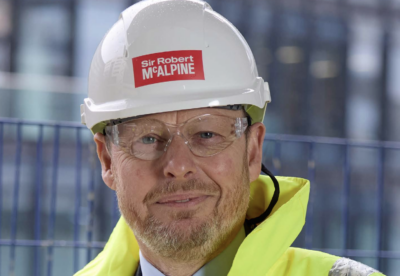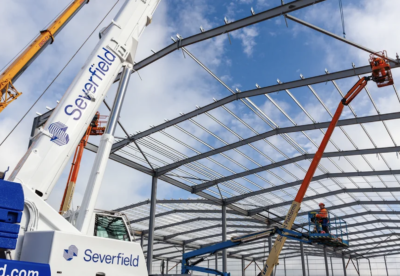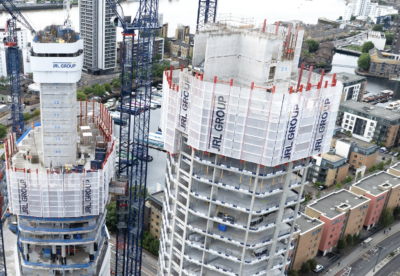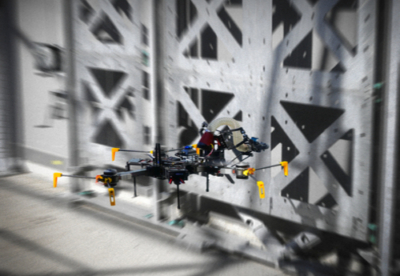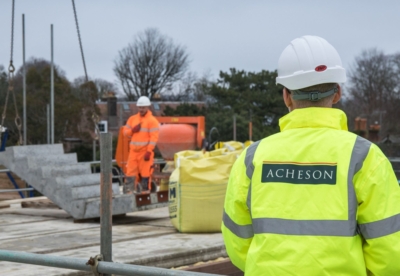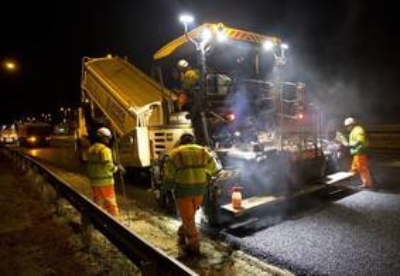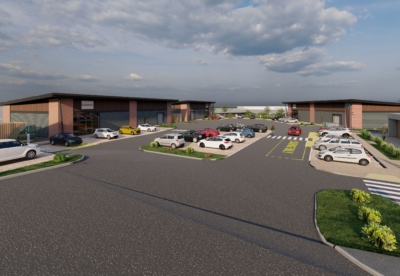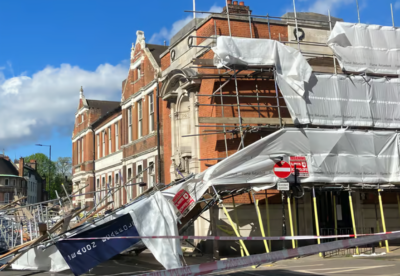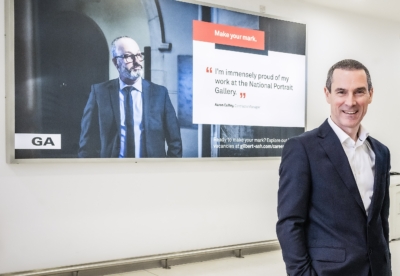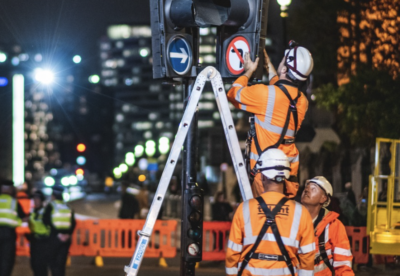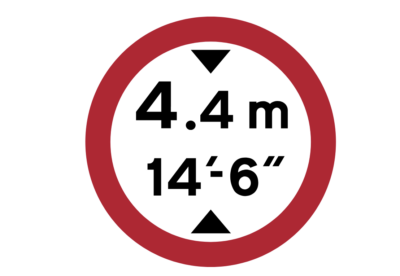Hot work such as welding, grinding and roofing are now a major cause of fires on non-domestic sites undergoing construction or refurbishment.
Home Office data shows that between January 2015 and March 2019, fire crews in England attended 1,587 construction fires – of which 28% were caused by hot work, or other sources of heat.
One insurer Zurich has seen the cost of claims it handles spike to £250m in the last three years.
But the insurer says handheld thermal imaging devices, costing as little as £400, could help tackle the problem and is urging contractors to consider adopting them as standard.
Zurich also wants contractors to adopt a voluntary licensing system that would see contractors complete a training course before carrying out or supervising hot work.
A similar ‘passporting’ approach used in Scandinavian countries since the 1980s, has significantly reduced hot work fires to less than 5% of fire losses over the last decade.
Contractors complete a one-day training course giving them a licence valid for five years.
Kumu Kumar, Director of Risk Engineering for Zurich UK, said: “The construction industry already has robust hot work controls in place but with fires continuing to break out, additional measures are urgently needed.
“Thermal cameras could further strengthen the industry’s existing safeguards and help to detect more hot spots before they ignite.
“The devices can also be used to take time-stamped photos to demonstrate fire watches have been carried out. Although there is no single solution for preventing hot work fires, this is a relatively cheap and simple measure that could have a far-reaching impact, especially if the cameras are adopted as standard.”





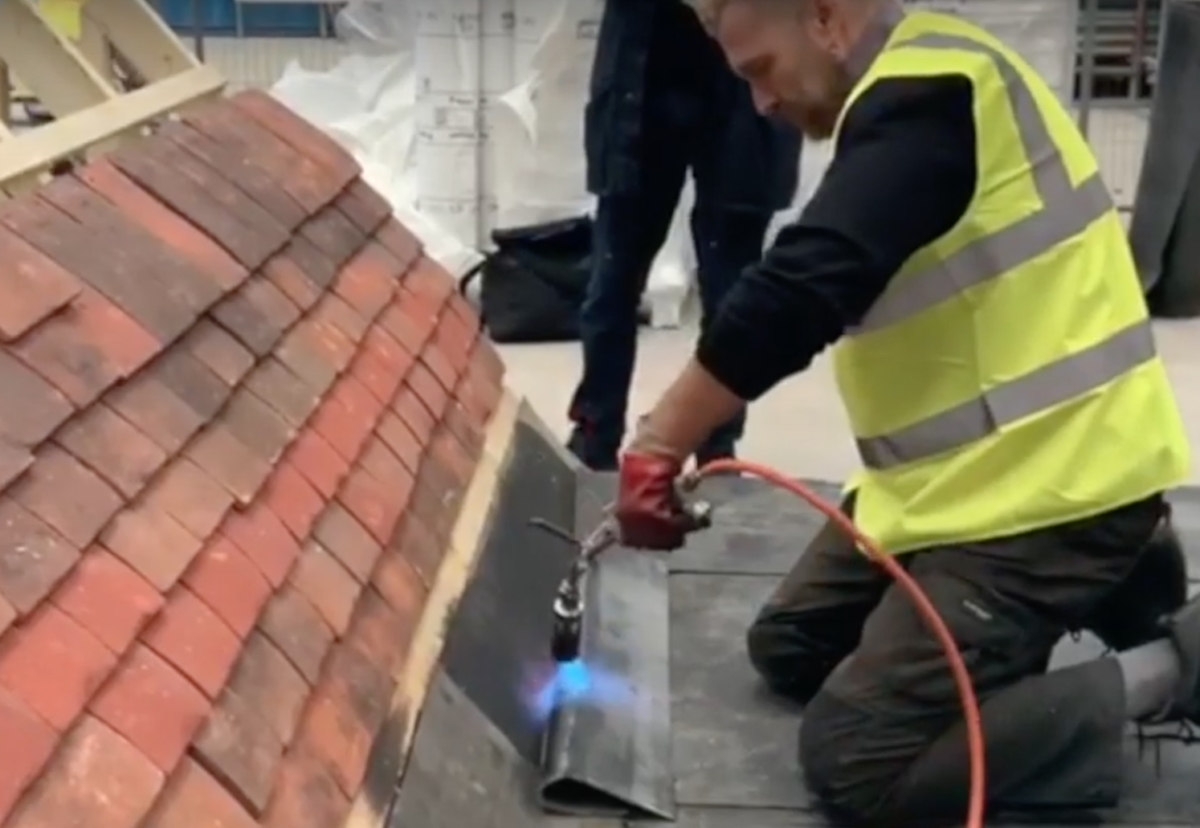

.gif)
 (300 x 250 px).jpg)









